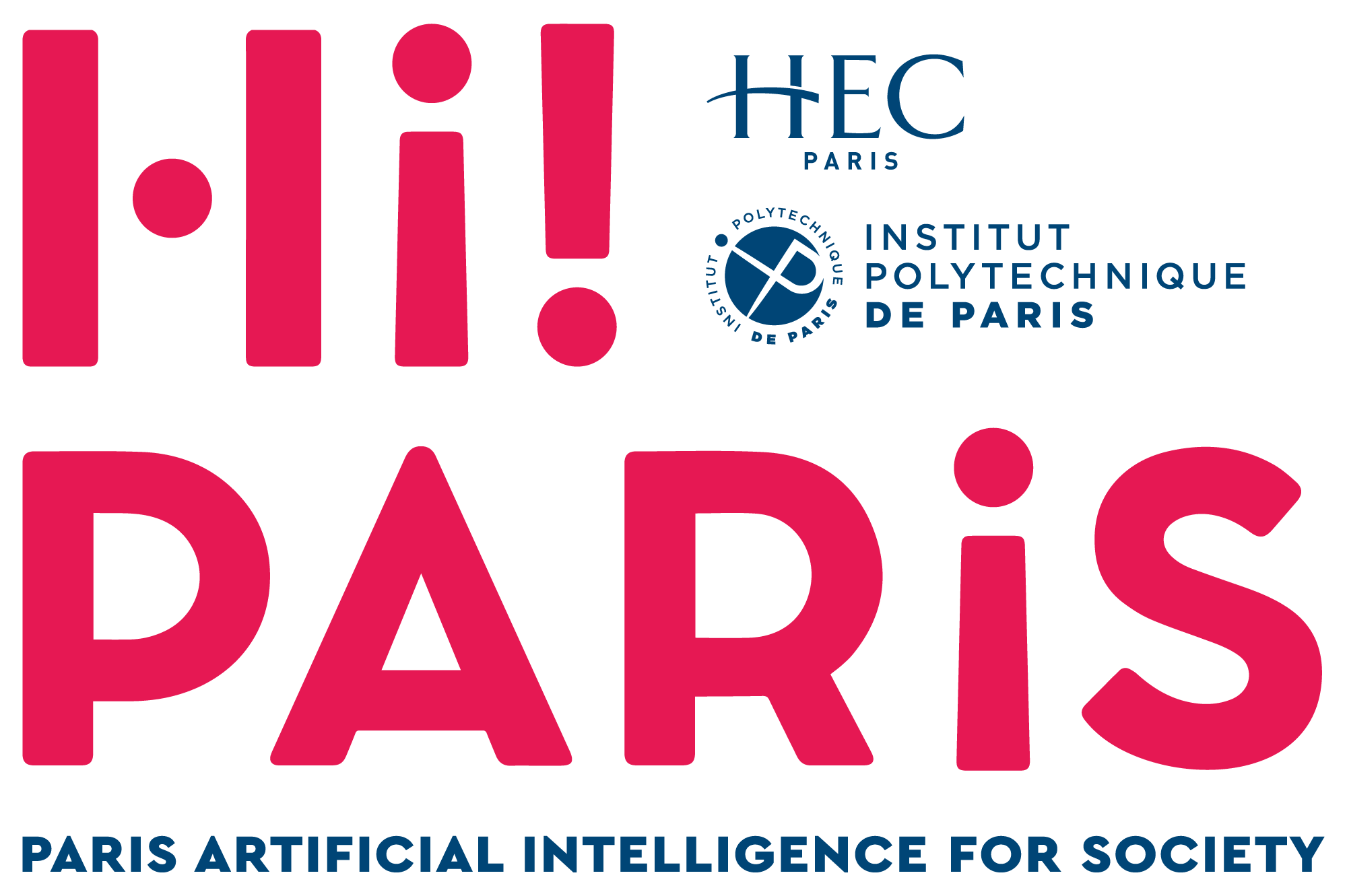Hi! PARIS Reading groups GNN
The Hi! PARIS reading groups propose to study a topic using scientific articles on a theoretical and a practical point of view. The reading groups are opportunities of interaction between our corporate donors and our affiliates academic teams around selected topics of interest.
Each Edition is planned for 2-4 sessions presenting one topic by the mean of 3-4 research papers. For each session: presentation of mathematical models and theoretical advances by a researcher + simulations with a Python notebook by an engineer
Registration
Please register to the event using your professional email address to get your personal conference link. Please do not share your personalised link with others, it is unique to you. You will receive an email regarding your registration status.
Edition 3 - Graph Neural Networks
For the third edition of the Hi! PARIS Reading groups, we propose an introduction to Graph Neural Networks and present .
What is the common denominator between social networks with users following each other and molecules made of atoms connected through chemical bounds? Both can be understood as graphs. Graph theory has long been studying this universal conceptualisation of relationships between set elements. Now, can deep learning successes, for instance on images and text, be transferred to data attached to general graphs? The term of Graph Neural Networks (GNNs) has rapidly emerged in the literature and now covers a full zoology of such models. The reading group sessions will study two of these papers.
The reading group will present some recent models and their application to the classification of molecules (session 1) and Wikipedia articles (session 2).
Session 1/2 – Introduction to Graph Neural Networks and a First Application: Graph Classification
Tuesday 8 November, 2022 – 2.00-3.30pm (Online)
Speakers
– Marylou Gabrié, Hi! PARIS Chair @École polytechnique
– Gaëtan Brison, Hi! PARIS Engineering Team
Program
– We will start with a quick refresher on graph vocabulary.
– Then we will present the Graph Network framework, which generalises many propositions of Graph Neural Networks.
– Finally, the practice session will focus on classifying graphs.
Papers
– Main paper: Relational inductive biases, deep learning, and graph networks by Battaglia et al. (2018)
– Supporting reference: A Practical Tutorial on Graph Neural Networks by Ward et al. (2020)
Notebook/simulations
– Collab weblink
Session 2/2 – Representation Learning on Large Graphs
Tuesday 13 December, 2022 – 2.00-3.30pm (Online)
Speakers
– Thomas Bonald, Telecom Paris
– Simon Delarue, Hi! PARIS Phd @Télécom Paris
– Tiphaine Viard, Telecom Paris
Program
The focus of this session will be on GraphSAGE, a Graph Neural Network (GNN) suitable for learning representations of large graphs.
During the practical session, you will learn to classify articles of Wikipedia using both the textual content of the articles and the graph formed by the hyperlinks between articles.
Papers
– Inductive Representation Learning on Large Graphs by W.L. Hamilton, R. Ying, and J. Leskovec (2017)
Notebook
GitHub weblink


